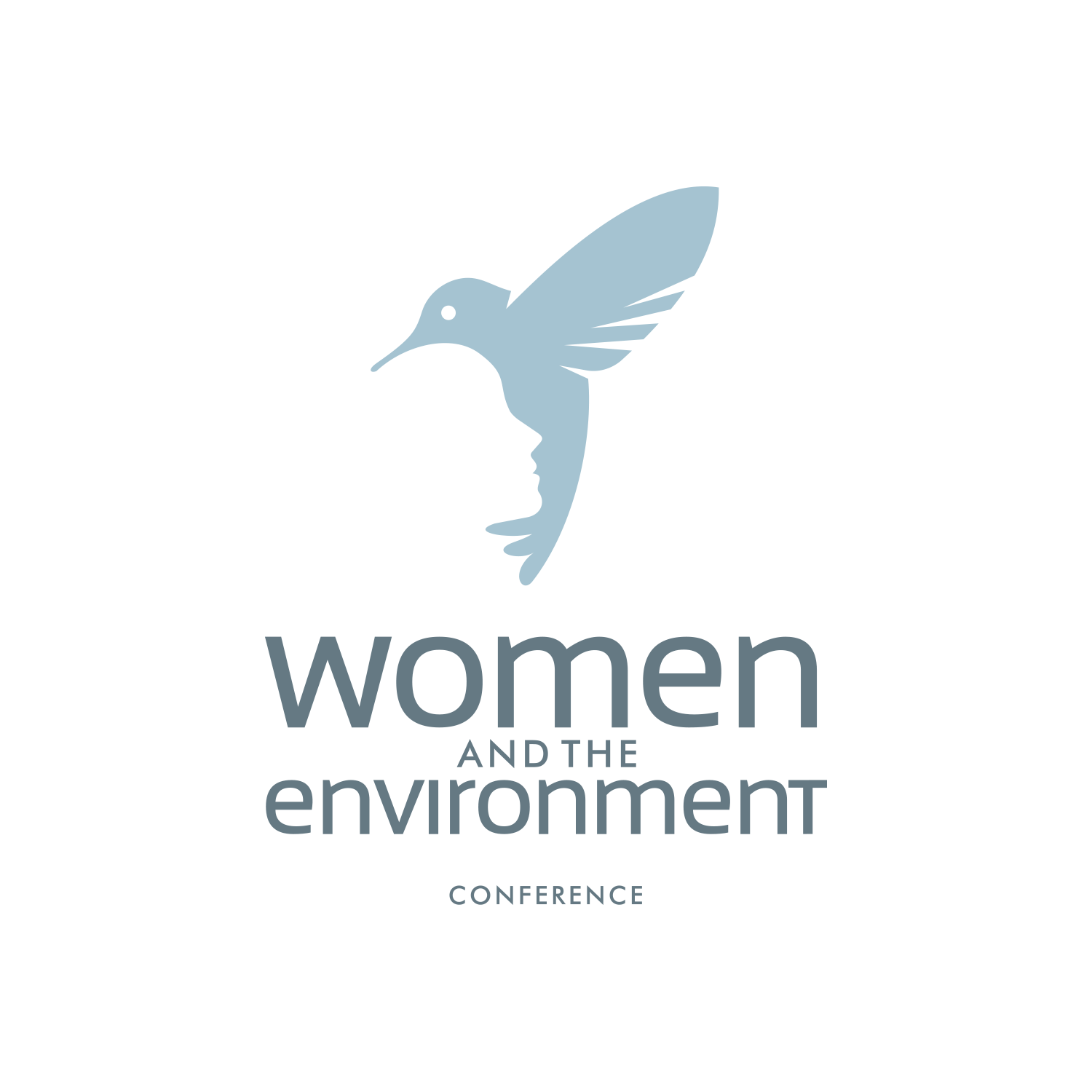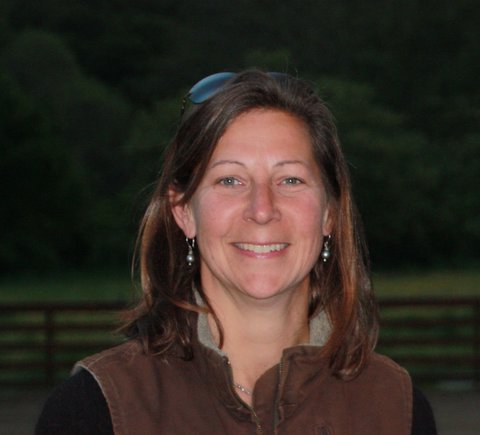
During Pacific Standard‘s “Women and the Environment” conference, the magazine’s writers are chatting with speakers and attendees about why they’re getting involved—and where we go from here. Below, a chat with Wendy Millet, director of TomKat Ranch, a grass-fed beef business and a learning lab on regenerative agriculture in Pescadero, California.
What unique insights can women bring to the climate struggle?
Deep listening is a thing that I feel is a really important part of solving problems and tends to be something that women are a little more attuned to. Collaboration, communication, respecting a diversity of opinions—these are important. One of today’s speakers talked about how, if you come from a community of need, you develop those skills more, and maybe women have always sort of been in that category, having to work extra hard.

(Photo: Courtesy of Wendy Millet)
On the Pescadero coast, what concerns are most important to farmers and community members?
There’s a lot of conservation happening on the coast where we are, and previously it wasn’t very focused on farms and working ranches. Instead, it felt like Pescadero was kind of in the old mode of, lock up the acreage and then it’s preserved, rather than focusing on stewardship or the economic livelihood of people who’ve lived in those communities. Fifth-generation farmers and ranchers still exist on the coast, and throughout California. We’re excited to see the makings of a more inclusive perspective.
Was there a particular moment or mentor that jump-started your commitment to this cause?
Well, I started out in college studying Emerson and Thoreau—”in wildness is the preservation of the world.” That was my one line that I always just hummed at the back of my mind when I didn’t quite know what to do next.





